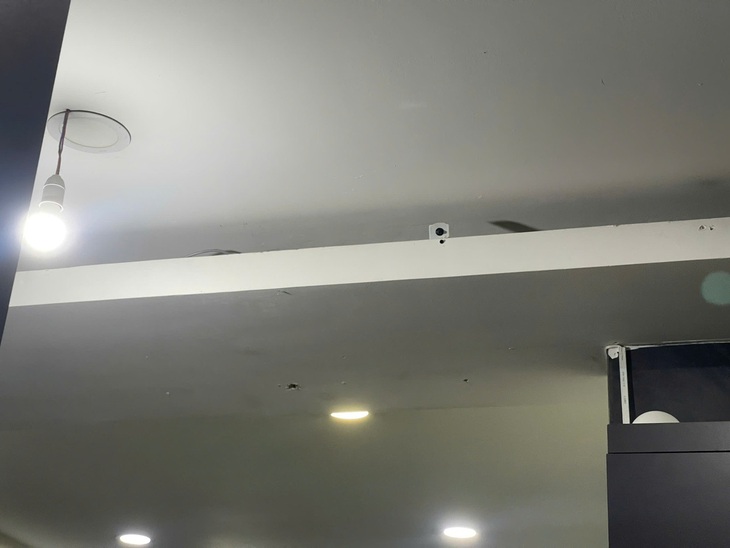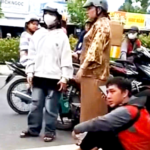The internet requires civility and respect for the law. Every click to like, share an image, or every negative comment that seems harmless can potentially violate the law, even pushing victims into a state of crisis.
Public opinion is once again “stirred up” by an incident involving the dissemination of private, sensitive clips and images of an individual. This is not the first time.
Following this incident, as with several previous ones, the issue of infringing upon others’ personal rights resurfaces. Many people consider this normal online behavior, “drama watching,” without realizing that they themselves, with a single click, are committing illegal acts.
When cyberspace becomes an invisible “moral tribunal”
When a “sensitive” clip appears, the initial reaction for many is to “ask for the link,” “watch the drama,” and share. But they forget that behind those images is a person’s life, honor, and dignity.
This situation transforms into an invisible “moral tribunal,” where each participant arrogates to themselves the right to “judge” without adhering to any legal or ethical standards.
Indecent, disparaging, and defamatory comments are not just virtual words but real “bullets,” causing deep psychological harm, destroying reputation and careers, and even pushing victims towards negative behaviors.
Meanwhile, social media accounts, in the race for followers and likes, nonchalantly repost such content, despite it being a serious infringement of others’ personal rights. Momentary curiosity and voyeurism, combined with a lack of legal understanding, have turned many ordinary social media users into lawbreakers.
The legal boundary is “unintentionally” crossed
Our country’s legal system has clearly and strictly regulated individuals’ rights regarding their image and private life. Disseminating, commenting on, and sharing sensitive content are illegal acts.
Right to one’s image: It must be emphasized that the law strictly protects an individual’s right to their image. Using another person’s image requires their consent. Permission to publish also does not equate to permission to infringe upon honor or dignity.
Any use of an image (even if permitted) accompanied by speculative comments or calls to “dissect” private life with the aim of defaming or insulting the honor and dignity of the person in the image constitutes a violation of the law and must be dealt with.
Right to private life and personal secrets: Private behaviors and activities, regardless of where they occur—in an office, private home, etc.—fall within the protected scope. Arbitrarily collecting, and especially publicly disclosing such clips (often illegally extracted from security cameras), is an unlawful infringement upon an individual’s private life.
Infringement of honor, dignity, and reputation: The violation does not stop with the original poster. Alongside the spread of the clip, indecent, disparaging, defamatory, and insulting comments targeting the victim directly violate Article 34 of the 2015 Civil Code regarding the “Right to protection of honor, dignity, and prestige.”
It is important to note that each insulting comment constitutes an independent violation. The law does not permit anyone to use the excuse of “criticizing wrongdoing” to commit acts of insult or humiliation against others.
Strict Sanctions Regulations
Disseminating and making indecent comments are not merely unethical acts, “for fun,” or attempts to appear “proper,” but can also constitute criminal offenses. The law specifies very concrete and strict sanctions that violators may face, ranging from administrative and civil to criminal liability.
Administrative Handling: Decree No. 15/ND-CP of 2020 clearly stipulates that individuals who collect, process, and use information of other organizations or individuals without consent or for incorrect purposes; or who provide, share fake information, false information, insults, defamation of an individual’s honor and dignity…, may be subject to administrative penalties.
The fine for these violations can reach tens of millions of dong.
Civil Liability: The infringed party (the






